Culture & Lifestyle
Affordable places for Nepali students in Tokyo
Looking to study in Japan’s capital? These five areas offer cheap rents and convenient commutes.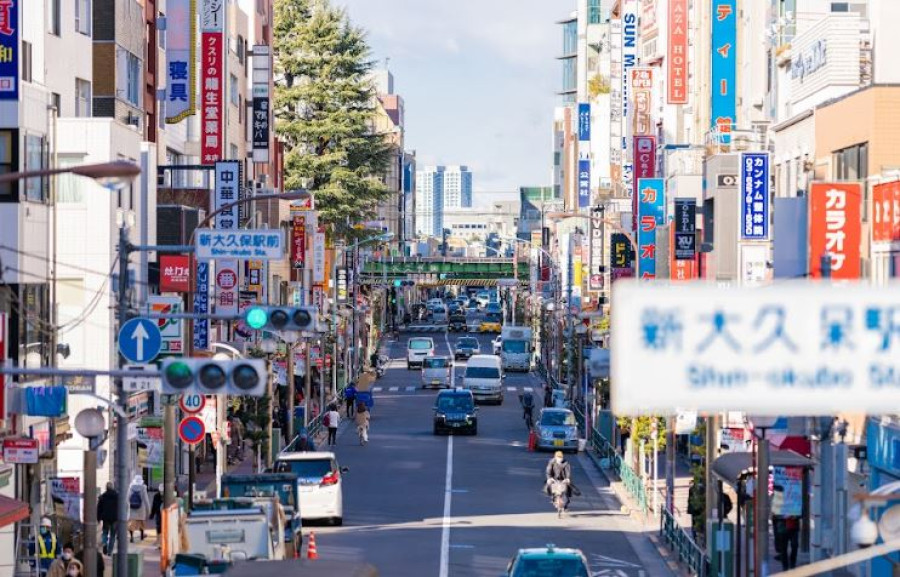
Post Report
Shinokubo
This place is 15 minutes from Shinjuku, one of Tokyo’s downtowns. It is located on Tokyo’s main train line, where many Nepali people reside. The average rent for a 1DK apartment with a single room is around 35k yen, and it varies according to the distance from the train station.
Pros:
The area has many Nepali grocery stores and restaurants that help students adjust to the new environment. It is also located on Tokyo’s main train line, making travel accessible and easier.
It has many Korean settlements and a large collection of Korean shops, markets, and restaurants, which might benefit people who love Korean food and products.
Cons:
Rent can still be high compared to suburban areas, leading many students to share accommodations.
Overcrowding and a large Nepali population might not suit everyone’s preferences.
Matsudo
Approximately 13.38 miles far from Tokyo, Matsudo is a convenient option for those studying in Tokyo while seeking a more affordable living environment. Renting a one-bedroom apartment is relatively affordable compared to central Tokyo. The city has historical temples, quaint houses, local trains and natural beauty.
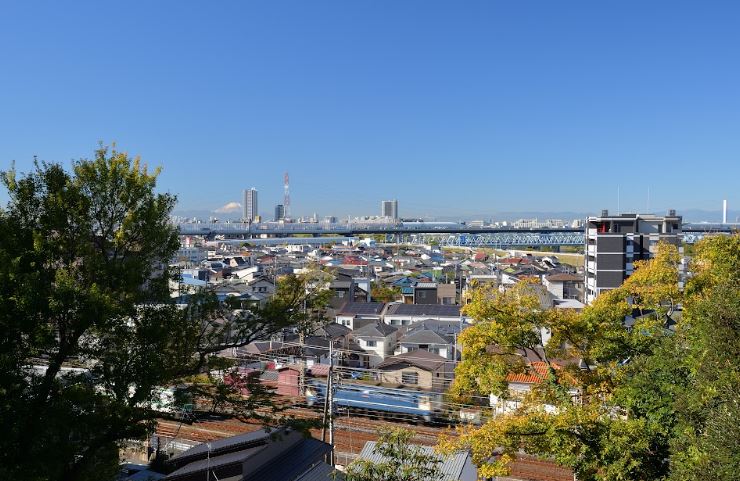
Pros: Matsudo's location benefits students attending universities and vocational schools near Ochanomizu, Suidobashi, and Kanda. This proximity reduces travel time and allows easier access to classes and campus activities.
Cons: Although Matsudo offers some job opportunities, part-time work options are more limited than in central Tokyo.
Hachioji
The distance between Hachioji and Tokyo is approximately 47 kilometres (about 29 miles). It’s surrounded by parks and hiking opportunities, which makes it ideal for outdoor activities.
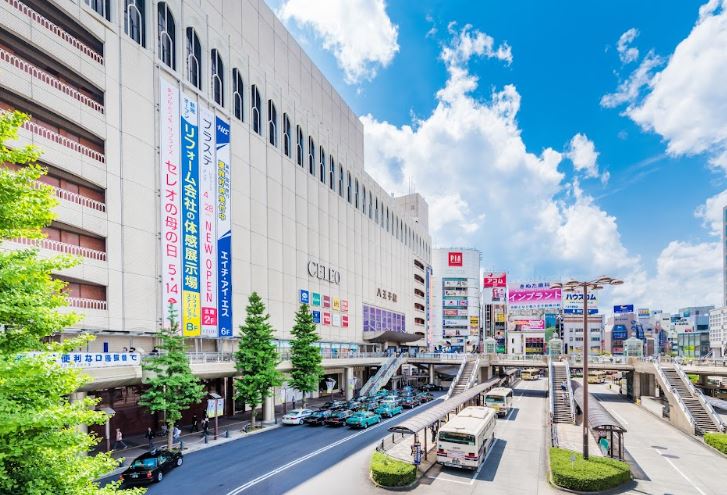
Pros: Hachioji has a substantial population of foreign residents. This diversity makes it easier for students to expand their horizons and connect with others.
Cons: The environment here might lead to feelings of isolation for some students, mainly if they are accustomed to the hustle and bustle of city life. The slower pace may not suit those seeking a more dynamic urban experience.
Edogawa
Edogawa is located on Tokyo’s eastern edge, close to Chiba, and offers a more affordable cost of living than central Tokyo. Rent for a studio apartment in Edogawa starts at around 40,000 yen, making it an attractive option for budget-conscious students.
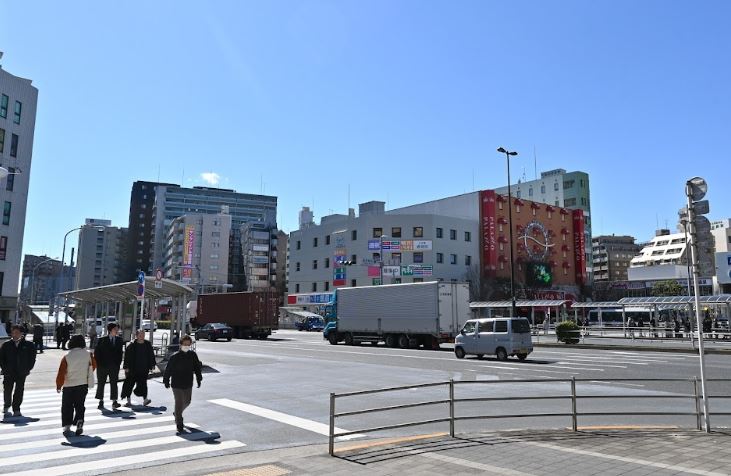
Pros:
Proximity to downtown Tokyo via multiple train lines provides easy access to universities and part-time job opportunities.
Known for its parks and rivers, it offers a calm environment with scenic spots for relaxation and study breaks.
Cons:
Limited nightlife and entertainment options may feel isolating for students who enjoy vibrant city life.
Commuting during peak hours can be crowded, as many residents work or study in central Tokyo.
Nerima
Nerima is northwest of Tokyo, offering a suburban feel with reasonable rent, averaging around 50,000 yen for a small apartment. Known for its green spaces, it’s a quieter neighbourhood but well-connected to the city.
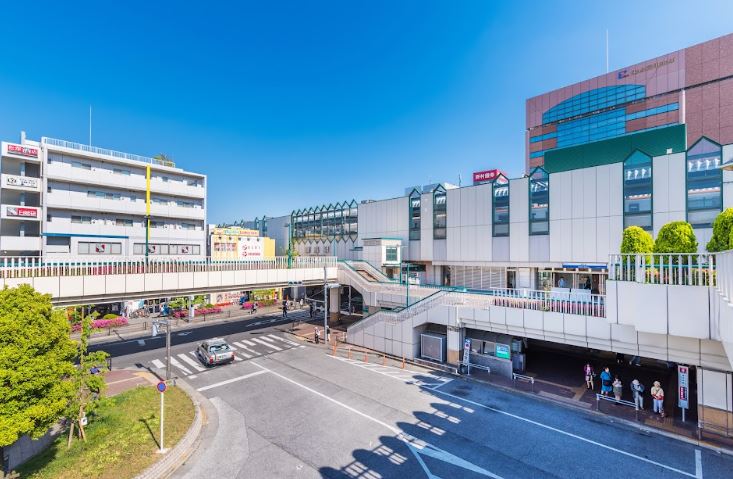
Pros:
Easy access to universities in Ikebukuro and Shinjuku while maintaining a lower rent.
Numerous parks and recreational facilities are ideal for students seeking a calm and family-friendly area.
Cons:
Limited cultural and social scene compared to more central neighbourhoods.
Reaching central Tokyo has slightly longer commute times, especially during rush hours.




 9.89°C Kathmandu
9.89°C Kathmandu
.jpg&w=200&height=120)













